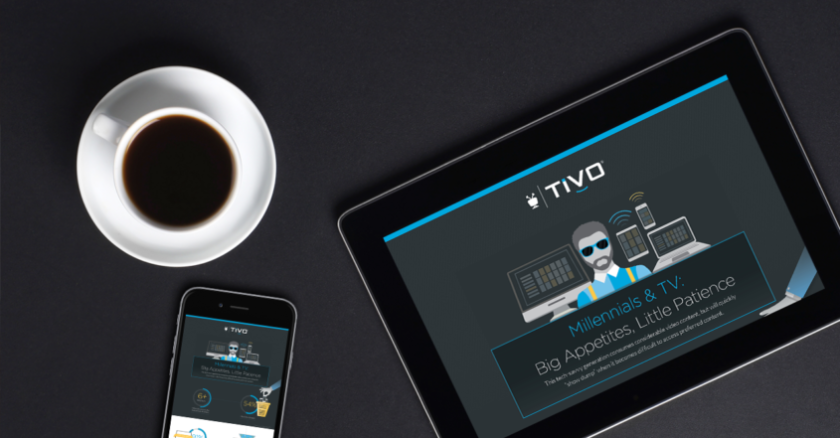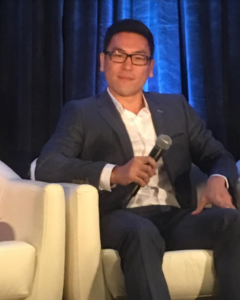Exclusives

TiVo Data Science Director: Not All Data is Equal and Monetizing It Can Backfire
Story Highlights
NEW YORK — The huge mass of data that’s become available to media and entertainment companies to make decisions about their day-to-day and long-term TV programming strategies can often be overwhelming. But not all that data is equally useful and it behooves companies to sift through all of it to find the most important metrics to help their businesses and those of their partners, according to industry data experts who spoke at the TV Data Summit at the Sheraton New York Times Square Hotel Oct. 19.
It’s important for a good data science team to not only understand what any set of data is saying, but also what the data is “not saying,” Clayton Kim, director of data science at TiVo, said during a panel session called “The Metrics Every TV Executive Needs to Know.”
TiVo collects data from users of its set-top boxes, but also has a “rich set of metadata that we work with” that he said is not just DVR-based. He is focused on joining all that data “together in a cohesive, well-defined” format, he said.
One issue that hadn’t been addressed much at the summit yet was that “everyone and his mother is trying to monetize their data right now,” he went on to say. The problem, however, is that aggressive efforts to sell such data can lead to “a huge gradient in terms of quality,” so each company doing that must decide is if adding such data sets will provide actual value, he said. The belief that “more data is better” is not necessarily true, he said, adding: “Garbage in, garbage out.”
 Agreeing with him was Manu Singh, group VP of commercial insights and digital at Discovery Communications, who said later that one big question for every company is “do you want the data to tell you what you want to know or do you want the data to tell you what you want to hear.” That’s because data can be “sliced and diced” to “tell whatever story you want” and “fit your narrative,” she said.
Agreeing with him was Manu Singh, group VP of commercial insights and digital at Discovery Communications, who said later that one big question for every company is “do you want the data to tell you what you want to know or do you want the data to tell you what you want to hear.” That’s because data can be “sliced and diced” to “tell whatever story you want” and “fit your narrative,” she said.
“As you can imagine we collect every kind of data where we find the consumers are interacting with the content,” Singh said earlier. “If you’re not collecting that data, we’d like to collect that data,” she told the conference, adding that, like many other media companies, Discovery is working hard in “making sure we’re making the connections with all the data sets that exist,” both internally and externally. That’s because it’s crucial to understand how viewers are engaging with Discovery’s content, she said, noting her company also uses the data to try and “leverage the insights we have to improve internal operations.”
Gauging the quality of the data that is being generated is part of the “heavy lift” that each company must do “at the back end,” and all companies are struggling with this challenge today, Singh said. We may not ever get to a “utopia” where there is just a single source of data that a company can rely on, she added.









